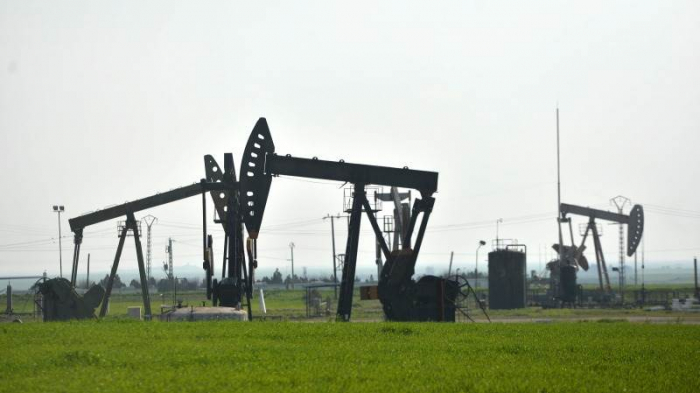Brent crude futures for July dipped 9 cents to $117.31 a barrel at 0247 GMT after rising to as high as $118.17 earlier in the session. The benchmark was on track for a gain of about 4% this week.
U.S. West Texas Intermediate (WTI) crude futures were down 18 cents, or 0.2%, at $113.91 a barrel. WTI is set for a weekly gain of about 0.7%.
"Momentum is flat-out bullish, with many factors pointing to a tighter market, even more so with the EU on the precipice of a total ban on Russian energy," said Stephen Innes, managing partner at SPI Asset Management.
"Ahead of peak U.S. driving season, refined products remain in alarmingly short supply in the West, which should keep a high floor on oil prices through the summer."
Both benchmark crude contracts were poised to end the week higher as the European Commission (EU) continued to seek unanimous support of all 27 bloc member states for its proposed new sanctions against Russia, with Hungary posing a stumbling block.
A top Hungarian aide said the country needs 3-1/2 to 4 years to shift away from Russian crude and make huge investments to adjust its economy and that it could not back the EU's proposed oil embargo until there was a deal on all issues.
"The combination of actual loss of supply and the increasing refusal to accept supply from Russia will see these commodities (oil and gas) move considerably higher," said Clifford Bennett, chief economist at ACY Securities.
Prices have gained about 50% so far this year.
OPEC+ is set to stick to last year's oil production deal at its June 2 meeting and raise July output targets by 432,000 barrels per day, six OPEC+ sources told Reuters, rebuffing Western calls for a faster increase to lower surging prices.
















































